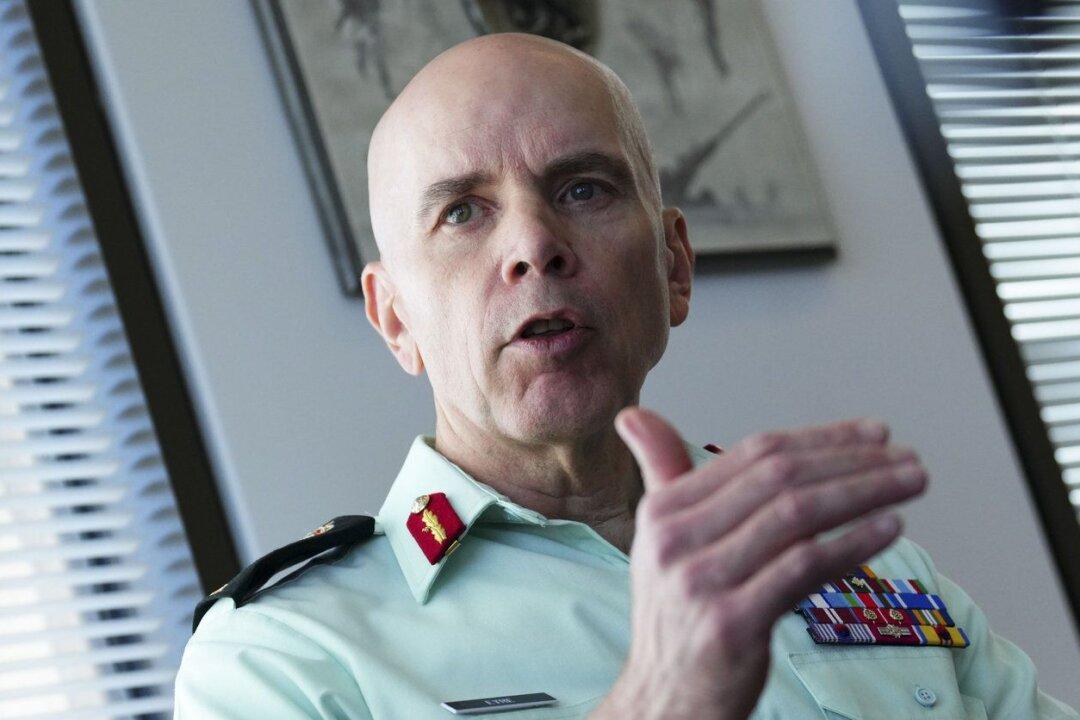The Canadian Armed Forces plans to press ahead with the forced expulsion of dozens of unvaccinated troops despite a new order from defence chief Gen. Wayne Eyre on Friday ending the military’s blanket COVID-19 vaccine requirement.
In an interview with The Canadian Press, Eyre said that is because service members are expected to follow legal orders — and that a refusal by some troops to get their shots “raises questions about your suitability to serve in uniform.”





